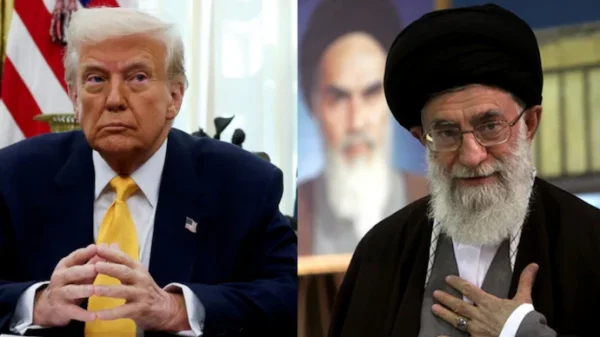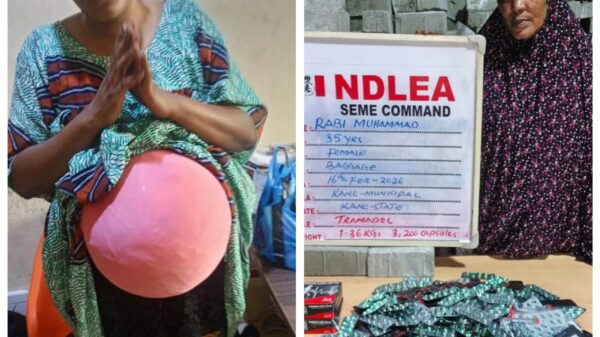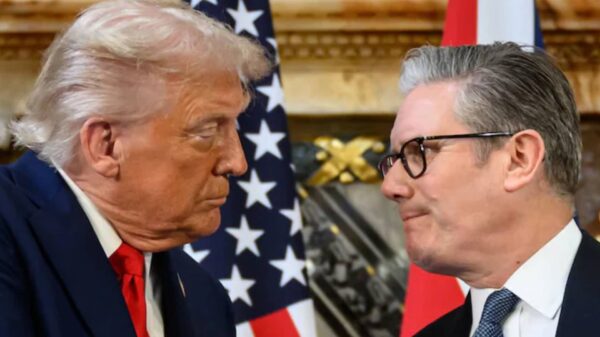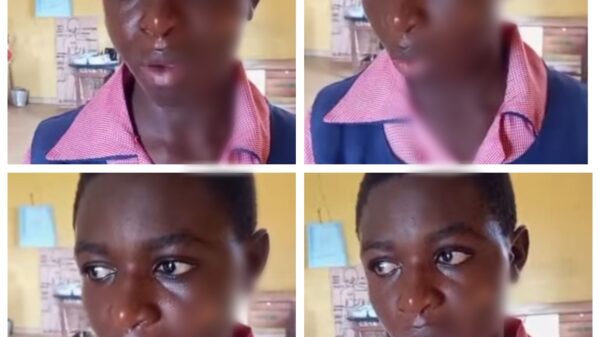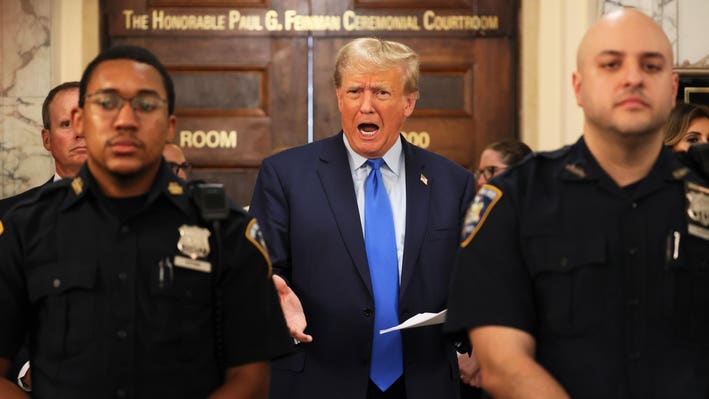Supreme Court is expected to announce a decision on whether former US President Donald Trump is eligible to hold presidential office today, March 4.
The New York Times reported Sunday that the Court announced that it would issue at least one decision tomorrow – which suggested it would rule on Trump’s eligibility to appear on Colorado’s primary ballot.
Colorado is holding its presidential primary on Tuesday, along with 15 other states and one U.S. territory.
The opinion or opinions will be posted online at 10 a.m. Monday, just one day before the important set of presidential primaries.
The ruling is expected to resolve if Trump, 77, the Republican frontrunner, can appear on Colorado’s ballot – and clear up any questions on his eligibility to appear on the general election ballot later this year.
The Colorado Supreme Court issued a blockbuster decision in December, saying that due to Trump’s role in the January 6 Capitol attack he was ineligible to seek or hold office due to Section 3 of the 14th Amendment.
That portion of the Constitution was added after the Civil War and barred those who ‘engaged in insurrection’ from holding public office again.
The decision was 4-3 with Democratic-appointed justices ruling against the former president.
It marked the first time in history the insurrection clause was used to potentially bar a presidential candidate from office.
On January 3, Trump officially asked the Supreme Court to hear an appeal.
Trump appointed three of the current nine justices on the conservative-leaning court and so the case is expected to fall in his favor.
During oral arguments last month, even some of the liberal justices were skeptical of the arguments made by Colorado’s top court.
Justices indicated they were wary of allowing individual states to disqualify candidates from the ballot without Congress passing a law that would allow them to do so first.
Justice Ketanji Brown Jackson, who was appointed by Democratic President Joe Biden, said during oral arguments that she doubted the drafters of the section intended to create ‘disuniformity in this way, where we have elections pending and different states suddenly saying, “you’re eligible, you’re not.'”
The Supreme Court is also considering a case on whether Trump is immune from prosecution for crimes related to his efforts to overturn the results of the 2020 presidential election.
![]()


